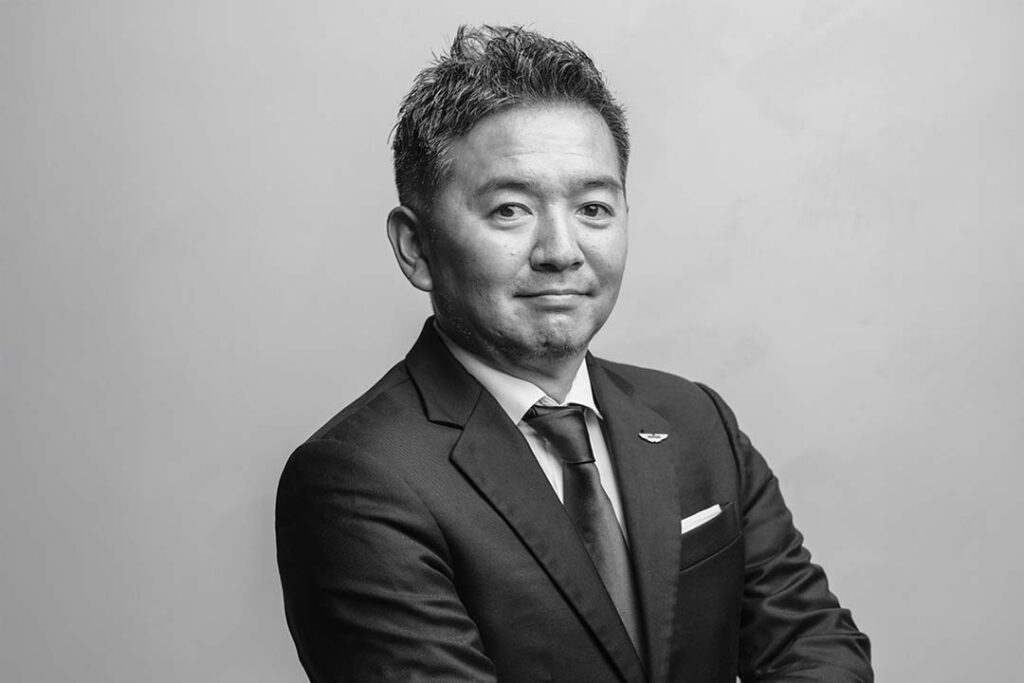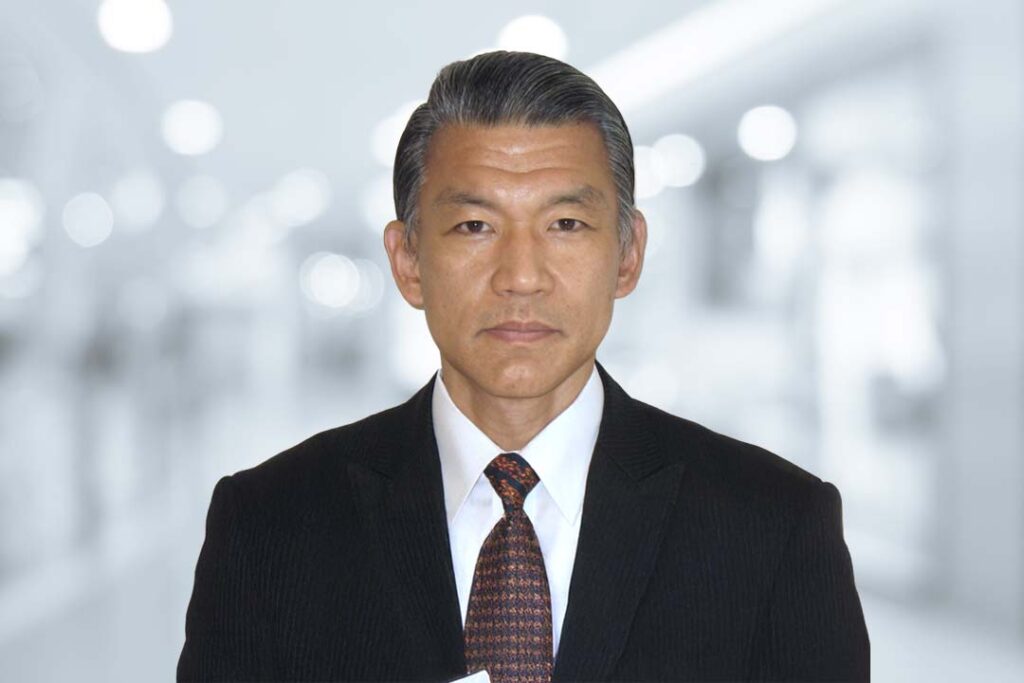Ambassador Melba Pria reflects on a robust and multifaceted relationship shared between Mexico and Japan.
The Mexican Embassy in Japan plays a crucial role in enhancing political dialogue, cultural exchanges, and economic ties. With Mexico’s upcoming first female President, Claudia Sheinbaum, the relationship with Japan remains a strategic priority, highlighting strong economic and cultural bonds that continue to evolve.
“Mexico and Japan have a very rich and exciting relationship, based on trust and solidarity. These same sentiments guide our bilateral relationship today. People perceive Mexico and Japan to be very far away from one another but we are actually neighbors of the Pacific and our relationship has become closer over the centuries. Since our earliest contact Japan and Mexico have become unified nations and there is a shared affinity between our two countries.”
Early Contact and the Manila Galleon Trade (16th-19th centuries)
“Mexico and Japan continue to be Neighbors of the Pacific. Our relationship goes way back to 1609 and the shipwreck of the San Francisco Galleon. This marked the first friendly contact between Mexico and Japan, with the Japanese rescuing 317 crew members of the shipwrecked San Francisco Galleon. The Shogun Tokugawa Ieyasu facilitated their return to New Spain (Mexico) by constructing a new vessel, the San Buenaventura.”
Establishment of Diplomatic Relations (1888)
“The Treaty of Amity, Commerce, and Navigation was signed on November 30 1888, marking Japan’s recognition as a sovereign and equal country. This laid the groundwork for future diplomatic and economic interactions.”
World War II and Post-war Relations
“While diplomatic relations were severed during World War II, these were re-established in 1952 and the post-war era saw the establishment of major Japanese trading companies in Mexico such as Marubeni (1954), Mitsui (1955), and others.”
Economic Partnership Agreement (EPA) (2005)
“This was the first Trans-Pacific Free Trade Agreement. The agreement between Japan and Mexico enhanced trade and investment by reducing tariffs and improving business conditions.”
Strategic Global Partnership (2014)
“On both the Mexico and Japan side, we constantly make every effort to enhance our collaborations. During Japanese Prime Minister Shinzo Abe’s visit to Mexico, the relationship was elevated to a ‘Strategic Global Partnership’ aiming to enhance cooperation across various sectors.”
Comprehensive and Progressive Agreement for Trans-Pacific Partnership (CPTPP) (2018)
“The deepening of economic ties has been crucial to the development of the Mexico – Japan relationship. The CPTPP, which came into effect on December 30, 2018, further strengthened our economic ties and opened new opportunities for bilateral trade and investment.”
Japan-Mexico Business Relations
“We have seen Japanese investment in Mexico increase in recent years. Today, there are approximately 1,500 Japanese companies in Mexico, especially in automotive and electronics. These investments have created jobs and contributed significantly to the economy.”
High-Level Visits and Bilateral Dialogues
“Frequent visits and continuous dialogue have led to significant bilateral agreements and initiatives. The VII Meeting on Multilateral Affairs is an example of recent collaboration where both countries reviewed global agenda issues and highlighted their similarities.”
“Both countries work together in various international fora, advocating for trade liberalization, sustainable development, international peace and security. We address global challenges and take active roles in climate change initiatives through technology transfers, capacity building, and participation in international agreements like the Paris Agreement. Through development aid, investment and trade agreements, Japan also continues to support Mexico’s socio-economic development goals.”
Mexico and Japan – Future Collaborations
Renewable Energy: Enhanced collaboration in renewable energy technologies and climate resilience strategies.
Digital Economy: Joint efforts in digital transformation, cybersecurity and fintech.
Infrastructure and Healthcare: Collaboration in sustainable infrastructure projects and healthcare innovations.
Economic Sectors Evolution
Automotive Industry: Continued growth with advancements in electric and autonomous vehicles.
“In terms of the economic spheres of our relationship, within the automotive sector, one out of every 4 cars produced in Mexico are manufactured by a Japanese company. Producing over 3.5 million cars a year, Mexico is the seventh largest producer of cars in the world and the fourth largest producer of automotive parts.”
Electronics Sector: Increased collaboration in advanced electronics manufacturing and emerging technologies.
“In 2005, Mexico and Japan signed what we call the economic partnership agreement, the EPA. This is a free trade agreement and fostered stronger economic ties between our two countries.”
Emerging Sectors: Potential collaborations in renewable energy, aerospace, medical devices, digital economy, agribusiness, and tourism.
“Mexico is a very large producer of food and an important global player in fresh food. The US is our largest export market for food and incredibly Japan is number two. In supermarkets across Japan, you can find Mexican avocados, asparagus, blueberries, raspberries and lemons. So, while it seems that the Pacific is keeping as a part, it is actually bringing us together.”
Tourism Ties: “Both Mexico and Japan have very important tourism industries and while we are very different countries, we are able to exchange experiences and collaborate in the hospitality industry and in terms of cultural exchanges.”
Cultural Exchanges
“We have established a number of Sister City partnerships and run exhibitions of Mexican art across Japan. The recent Tamiji Kitagawa’s Exhibition celebrated Kitagawa’s 130th birth anniversary with exhibitions in multiple Japanese cities. The National Treasures Exhibition showcased ancient Mexican artifacts in major Japanese museums. Our gastronomy initiatives in partnership with Mexican restaurants in Japan deliver culinary exchanges in Japan, including certification and training programs.”
Ambassador Melba Pria
Her Excellency Melba Pria served as the Ambassador of Mexico to India from 2015 to 2018 and to Indonesia from 2007 to March 2015. Born in Mexico City, she holds a Bachelor’s Degree in Sociology, two Master’s Degrees in Public Policy and International Studies, and a Postgraduate qualification in National Security and Strategic Studies from institutions in Mexico and abroad. Additionally, she is the author of several books and publications on issues of diversity and public policy.
Mexico and Japan have a very rich and exciting relationship, based on trust and solidarity. These same sentiments guide our bilateral relationship today.
Melba Pria, Ambassador of Mexico to Japan
In her extensive career with the Ministry of Foreign Affairs, HE Melba Pria has focused on promoting the inclusion of diverse stakeholders in international affairs. In her role as Head of Public Diplomacy, she developed the Ministry’s relationship with civil society both domestically and internationally. As Director General for Mexican Diaspora, she worked on issues related to the rights of Mexicans in foreign countries and the corresponding domestic public policy implications. She also served as a liaison for international affairs at local, State, and Federal levels, coordinating support among officials. Earlier in her career, she was a political and consular attaché at the Mexican Embassy in Israel and an advisor to the Foreign Minister.
With 40 years of experience as a professional public servant, HE Melba Pria has dedicated her career to addressing key political and developmental issues, focusing particularly on poverty, identity and tolerance, and marginalized and ethnically differentiated communities.
From 1998 to 2000, she was Head of the Mexican National Institute for Indigenous Affairs and Vice President of the Latin American and Caribbean Indigenous Peoples’ Fund. In these roles, she worked to ensure that indigenous populations had access to state jurisdiction, programs, and budgets and to international cooperation.
Furthermore, as Director in the Education Ministry’s special delegation to the State of Chiapas, she promoted interdisciplinary programs for indigenous children, significantly improving educational outcomes and expanding services across the state. Prior to these roles, she worked with the Social Security Institute of Mexico, where she planned and delivered programs directly benefiting the working population.
This comprehensive experience underscores HE Melba Pria’s commitment to embracing and fostering political and developmental objectives that enhance the lives of marginalized communities and promote international cooperation.


















